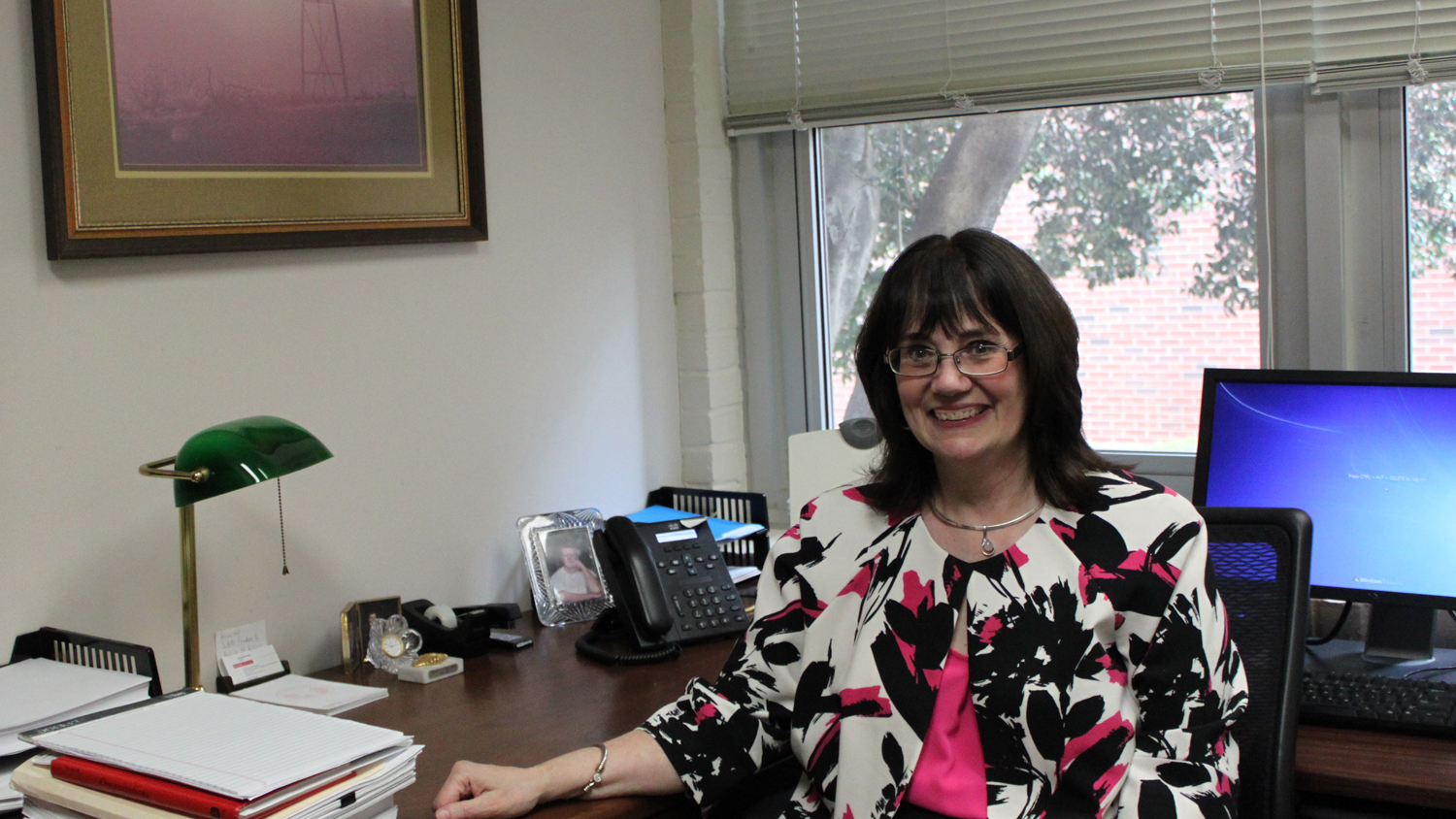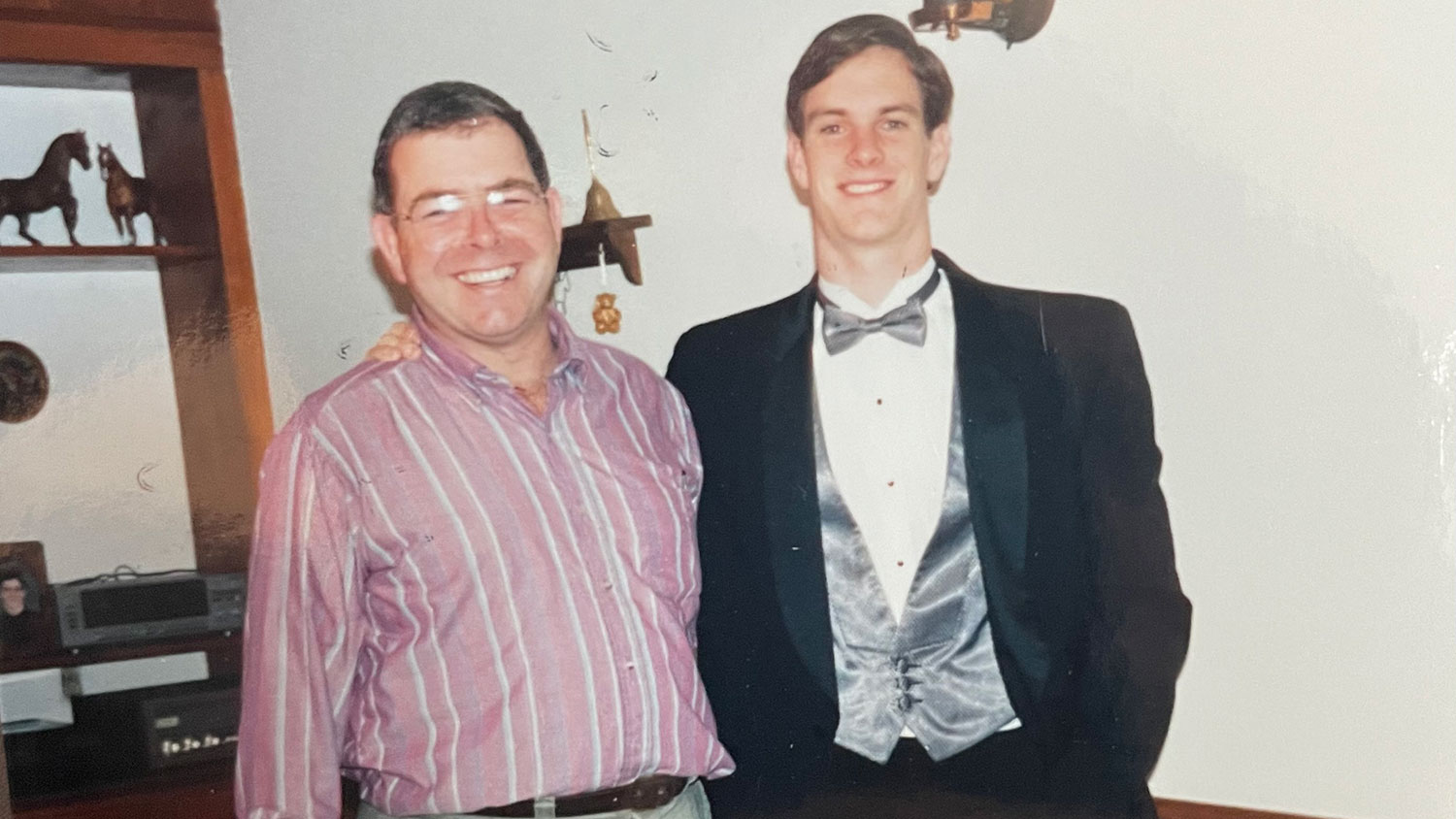Faculty Research Award Recipient Profile: Beverly Tyler

The Poole College Board of Advisers has provided financial support for a new awards program recognizing faculty for research productivity. These outstanding scholars, named in May, receive a monetary award and carry the honorary title of Poole Advisory Board Scholar for the 2017-18 academic year. Meet one of them: Beverly Tyler assistant professor of strategic management, Department of Management, Innovation and Entrepreneurship.
Beverly B. Tyler
Professor, Strategy
Ph.D., Strategic Management, Texas A&M University, College Station, 1992
- Joined the NC State Poole College of Management Faculty in August 1998
- Poole College 2017 Summer Research Award Recipient
- Directory page
Q. What are your research interests?
I apply behavioral theories using cognitive, organizational and relational lenses to study executive and organizational decision making and cooperation between organizations. For example, I have studied decision making and cooperation in the context of acquisition decisions, strategic alliance decisions, new product development and innovation, supplier-buyer relationships, international entry mode decisions, and partnerships between industry, academia and government.
Q. What drew you to this line of research? What drives your passion for it?
I have always been drawn to human behavior and what causes people to do what they do. I further developed this interest as an undergraduate student in psychology at Baylor University, but decided I was most interested in human behavior in the organizational context.
Initially, I focused on how people at the top of the organization influence the choices organizations make. Later, I became more interested in how decision making takes place in large complex organizations with many levels and functional units. My interest in cooperation and collaboration between strategic partners (alliances or cooperative partnerships) began when interviews I conducted with CEOs while working on my dissertation in 1990 revealed that top executives were recognizing that they needed to learn to cooperate, when in the past they had focused on competing. My interest in cooperation between firms has expanded in the past decade to include a fascination with cooperative relationships between academia, government and industry partners. My passion for this context is based on prior work and the recognition that the big challenges facing society today will require cooperation across sectors.
Q. What are your intentions for your research? Problems to solve, opening the door to new research/paths of knowledge, ways of looking at/doing things? If your research is done collaboratively, you can touch on that as well.
My interest in collaboration is reflected in my many research partnerships. The authorship of my publications illustrate that the strong working relationship I have established with colleagues with many different backgrounds (e.g., strategy, marketing, supply chain, entrepreneurship and innovation) at many universities across the United States and in several countries (Spain, China, UK, Ireland, Italy and Denmark). Furthermore, my commitment to interdisciplinary cross-sector research is reflected in my four-year commitment to the Laboratory of Analytic Sciences (LAS), a partnership between NC State and the National Security Agency. As part of an interdisciplinary team of faculty from communication, design, political science, and business, I help to support the LAS leadership in managing their portfolio of projects and project teams whose members come from academia, government and industry and have very broad interdisciplinary backgrounds.
Q. How does your research impact your teaching? If not the content directly, then through what you personally gain through the research process.
As part of my participation in the Smart City activities at LAS, I have agreed to spearhead and pilot test an MBA Decision Analytics Practicum course in the fall of 2017. Student groups (consisting of MBAs and engineering students) will work with city planners, NSA personnel and industry partners to assess potential Smart City initiatives using strategic management methodologies and tools provided by LAS and industry partners to assess big data.
Note: Dr. Beverly Tyler is one of Poole College’s 2017 Summer Research Award recipients.


